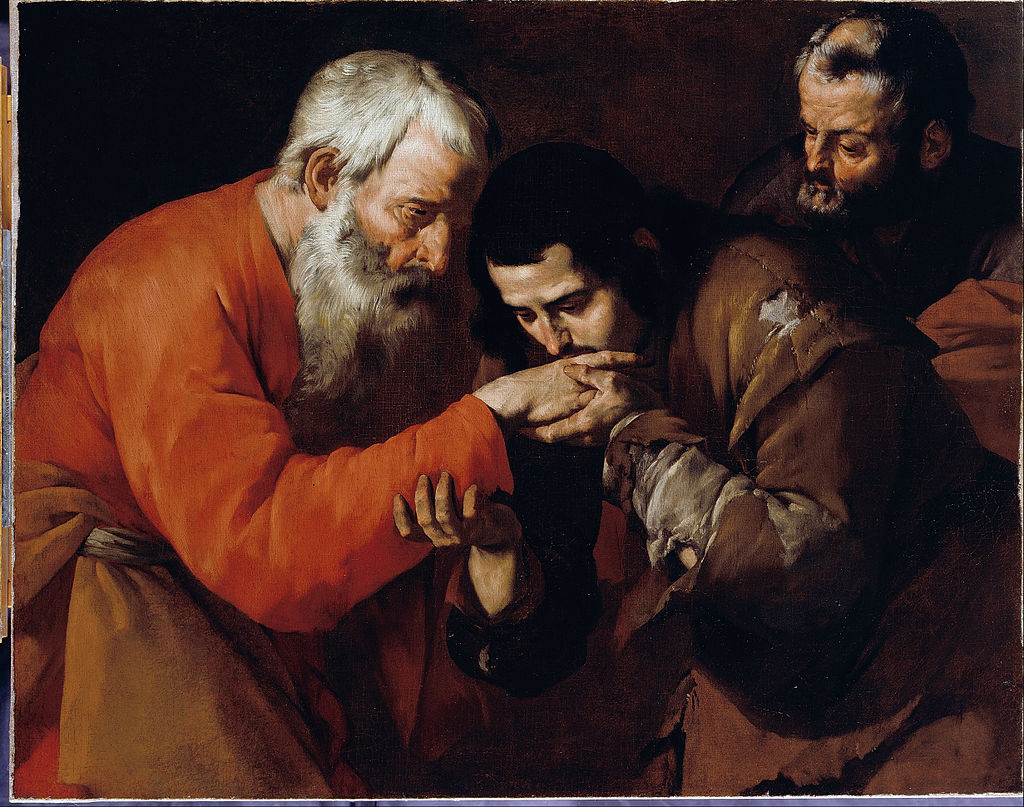by Lois Tverberg
“Look! For so many years I have been serving you and I have never neglected a command of yours; and yet you have never given me a young goat, so that I might celebrate with my friends; but when this son of yours came, who has devoured your wealth with prostitutes, you killed the fattened calf for him.” (Luke 15:29-30)
In this parable, we focus almost all of our attention on the prodigal son. But according to Brad Young, the parable really should be named, “The Compassionate Father and His Two Lost Sons.” (1) Dr. Young points out that neither son understands their father’s love, and neither has any love in his heart for the other. Both sons see their father as a paymaster, a source of blessing and gain. The younger son first sees his father as a source of cash that he could spend by claiming his inheritance, and then he sees him as an employer who might take him in. The older son has a similar attitude – he expects his father to give him some reward for his loyalty to the family, and doesn’t care about his brother who has come home.
In this parable we can see all types of relationships toward God. We certainly see the person who has rejected God in the prodigal son. Indeed, by asking for his inheritance, in this culture he would have been saying that he wished his father was dead, because he just wanted to live life enjoying the wealth he had gained apart from his family. In a similar way, many people show that they “wish God were dead” by their desire to ignore him and just enjoy all the material blessings he has showered on us, living life just to satisfy their desires.
 We often don’t consider that the older son is a picture of a broken relationship too, who even though outwardly he is part of the family, he really sees the father only as a source of reward. He is a person who may be quite religious, but misunderstands God’s enormous love. Rather than valuing an intimate, trusting relationship with God, his feeling is that he must somehow earn God’s favor, and doesn’t see that he is loved in spite of all of observance and good works.
We often don’t consider that the older son is a picture of a broken relationship too, who even though outwardly he is part of the family, he really sees the father only as a source of reward. He is a person who may be quite religious, but misunderstands God’s enormous love. Rather than valuing an intimate, trusting relationship with God, his feeling is that he must somehow earn God’s favor, and doesn’t see that he is loved in spite of all of observance and good works.
The true hero of the parable is the father who displays amazing love to his very broken family. If only we would love him with the limitless love he has for us!
(1) “The Compassionate Father and His Two Lost Sons” in Jesus the Jewish Theologian by Brad Young, Hendrickson 1995, p 143 – 154.

